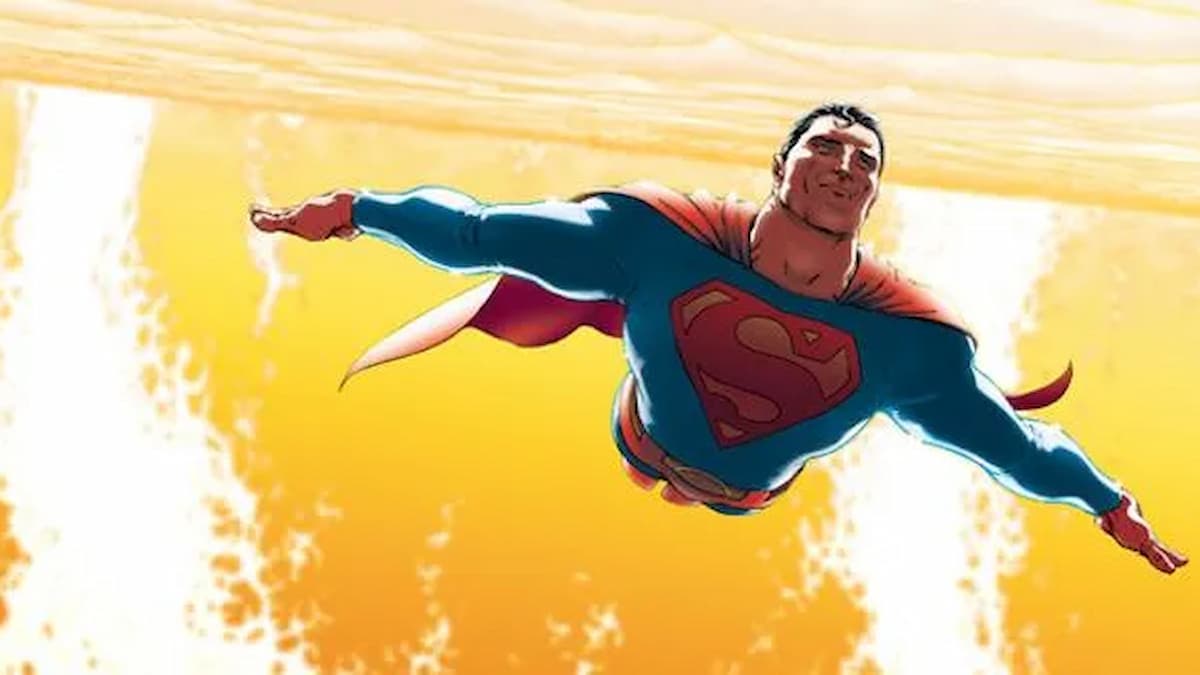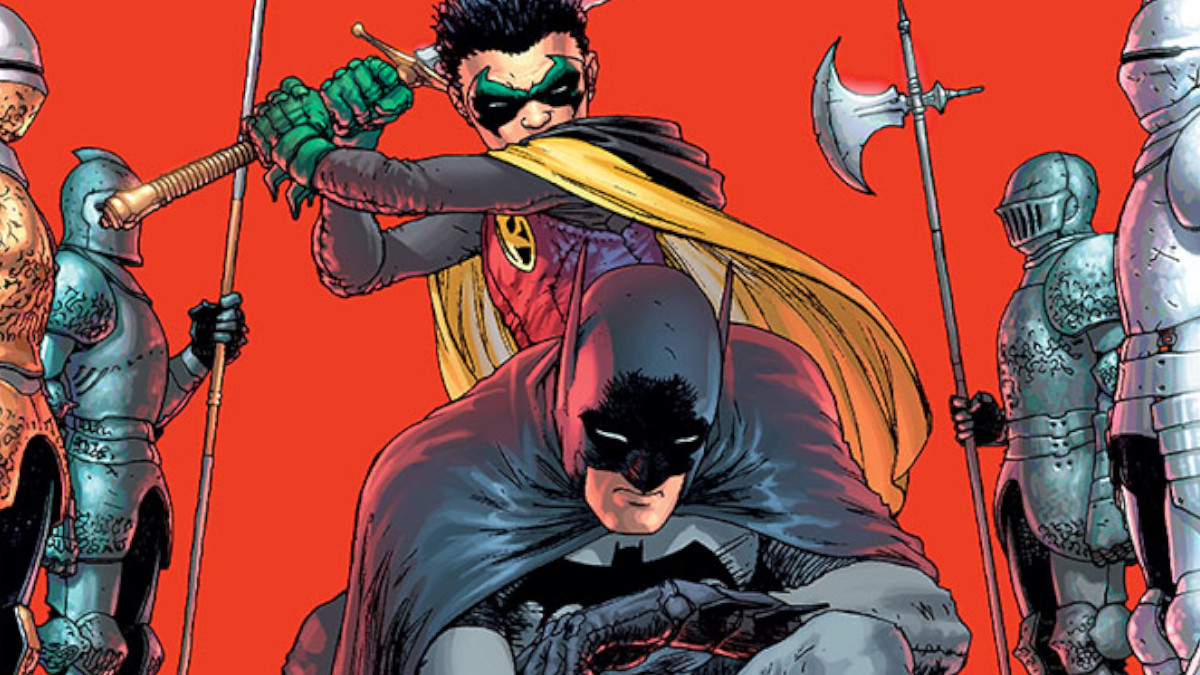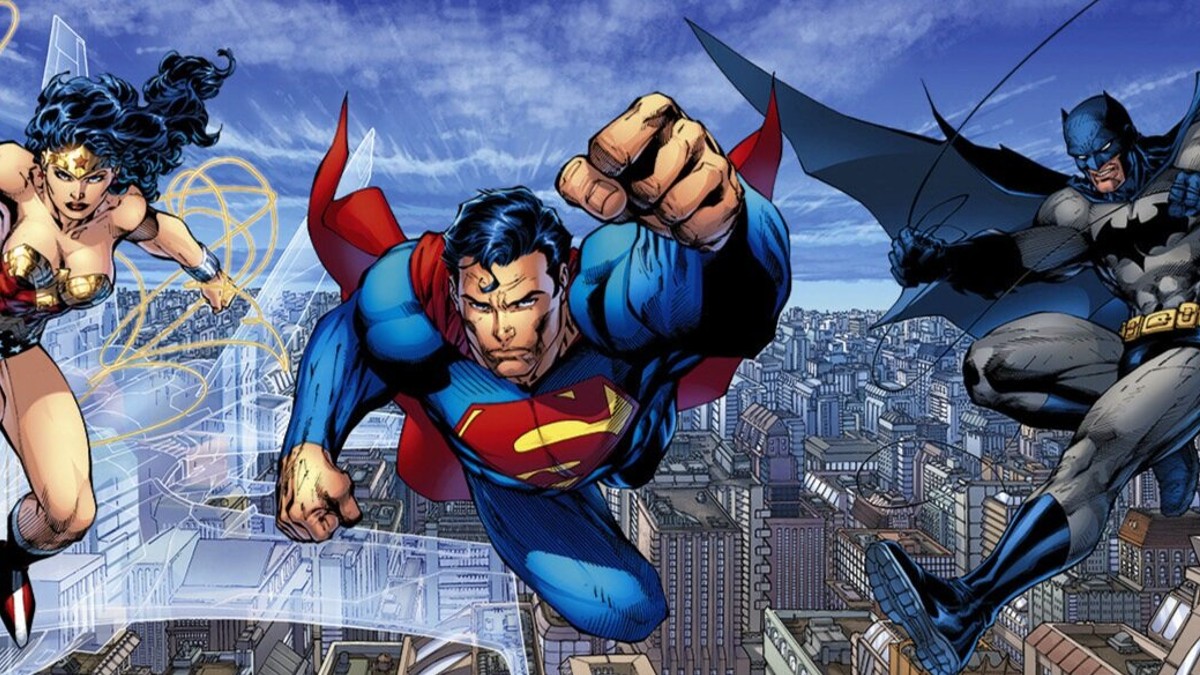The MCU has become renowned for its post-credits scenes, but that doesn’t mean the DCU has to follow suit. DC Studios co-head James Gunn has the benefit of learning from its superhero competitor, and after having worked on Guardians of the Galaxy, he likely has some internal insight. And while Marvel has been the leader in the cinematic space, it doesn’t mean it needs to be followed.
It’s become an expectation at this point for the post-credits scene of an MCU movie to set up the next big event or movie, and while that can be exciting, it can also seem like a ploy. Sometimes it can work flawlessly and make this superhero universe a cohesive experience, but other times it can feel forced, as if the purpose of the story was to sell the next story. The DCU should look at changing up this model so audiences don’t get tired of the same kind of post-credits scene, and the DCU should consider these new options to change things up.
One of the ways the DCU can do its post-credits scene differently is by borrowing from comic books. Some have implemented backup stories at the end of the main stories that give readers a good chunk of a story that’s connected to the main story. For example, the Justice League had a Justice League Dark backup feature and readers got two stories in one. The Justice League Dark base was underneath the Hall of Justice, and sometimes the Justice League would call upon them to help in battle.

The DCU could have something like these backup stories that would connect to the main story and set up more stories in the future. This would be a more filling meal than a simple teaser; this would be a 30-minute section that could show audiences they have a thoughtfully constructed story. For example, at the end of Supergirl: Woman of Tomorrow, if they choose to include Lobo as the antagonist, they could have a whole segment about where he’s heading next and how he fits into the DCU as a whole.
Following this idea, Superman: Legacy could have a Steel backup story, The DCU Batman movie The Brave and the Bold could have a Nightwing backup story, The Authority could have an Apollo and Midnighter backup story, and Swamp Thing could have a John Constantine backup story. Audiences would be given more than what they’ve been accustomed to, and although this would increase the runtime of the movie, it would give the DCU the aura that it’s putting storytelling first.
Alternatively, the DCU could go in the opposite direction and go for something smaller and more self-contained. The post-credits scenes could be directly connected to the main story as an extended epilogue that lasts a few minutes. This could really help cement the theme and reveal information that’s essential to the story, but it’s given the time to tell it in its completion. Black Panther: Wakanda Forever did a great job of this. Instead of setting up a specific story separate from its main story, it chose to reveal something personal to its characters and the future of that particular franchise. Using the device this way provided a more genuine experience than what audiences have been given in the past.

For example, at the end of The Brave and the Bold, Batman could have a conversation with Talia al Ghul, Damian Wayne’s mother. She could have a private conversation with Bruce about Ra’s al Ghul now that Bruce has taken over the parenting duties of their son. Another example would be, at the end of Superman: Legacy, Supes could go back to Smallville and have a meaningful conversation with his parents. Not everything has to be climactic, these can be personal moments between characters and impactful in a different way.
The DCU shouldn’t do away with the post-credits scenes just because the MCU has done them. Instead, it should look at new ways of utilizing them that enhance the story without taking away from the main movie. Both of these ways would help make the post-credits scenes more innovative, and perhaps it could be on a case-by-case basis. Superman: Legacy might be better for a backup story, and The Brave and the Bold might be better for a self-contained story. The possibilities are endless for the DCU, and it should bravely enter this new frontier with originality.

